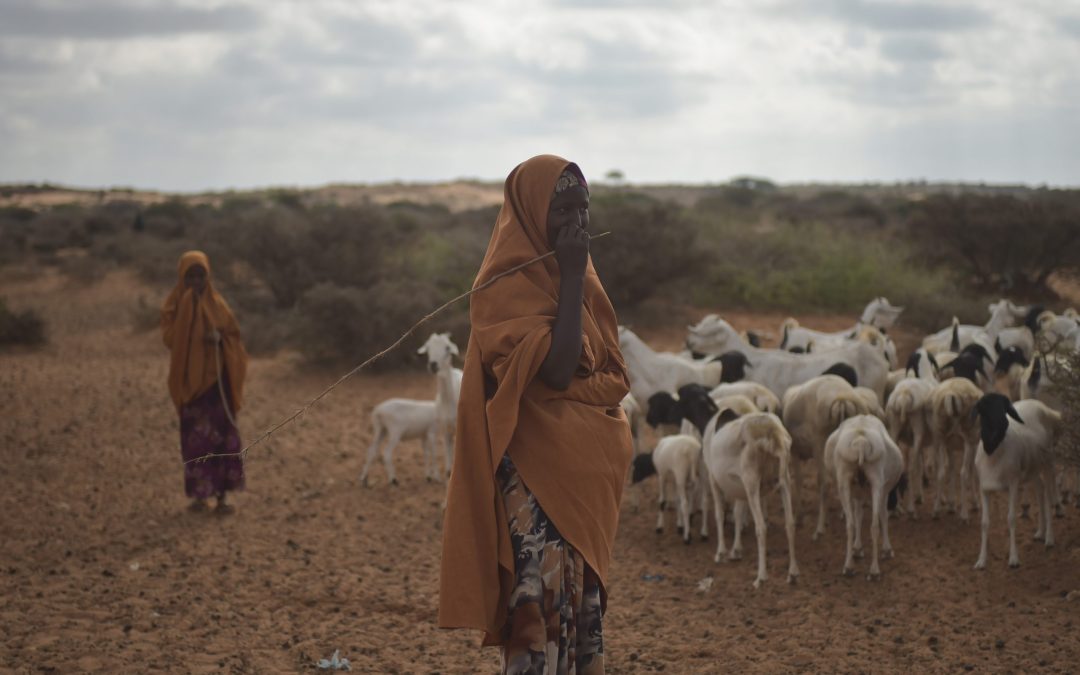
by Anne Radday | January 7, 2021
This study seeks to understand the availability and quality of information, and the external influences on data collection and analysis for the classification of food emergencies.
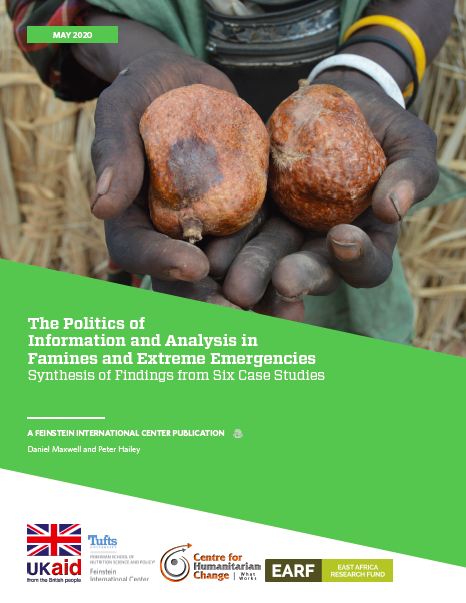
by Maya Lubeck-Schricker | May 21, 2020
This study synthesized findings from six different country case studies, noting influences on data collection and analysis processes during emergencies.
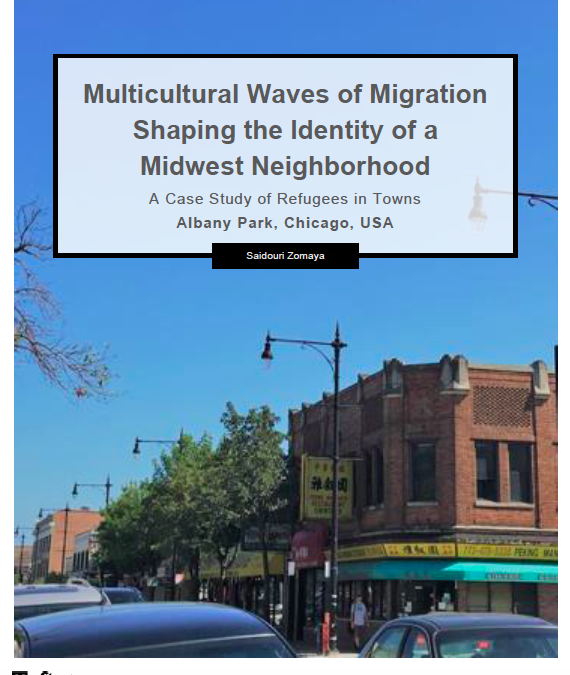
by Joanna Kleszczewski | October 4, 2019
Amidst rhetorical headlines about refugees and borders in the United States, this report takes a step back to take the long view of how immigrants in a suburb of Chicago have adapted to American society, and adapted the neighborhood of Albany Park, introducing new...
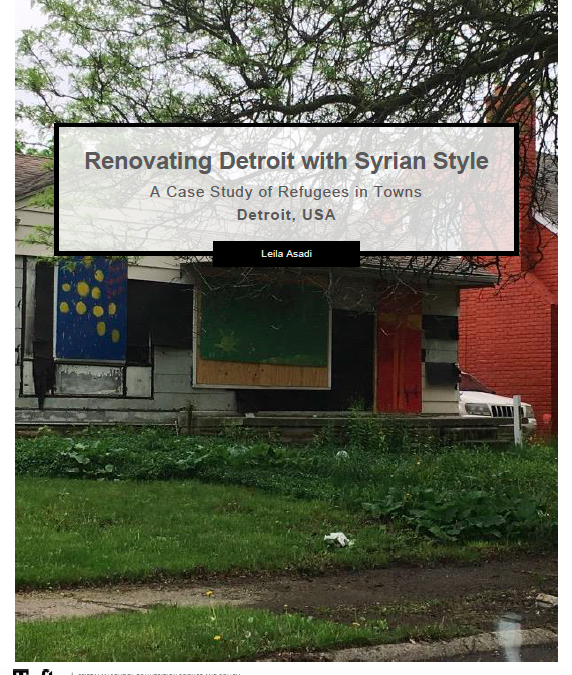
by Joanna Kleszczewski | October 4, 2019
When the American auto industry took a downturn in the 1990s and 2000s, it left numerous neighborhoods in and around Detroit impoverished and neglected. This case report looks at the way Syrian and other Arab and Muslim refugees and migrants are renovating these aged...
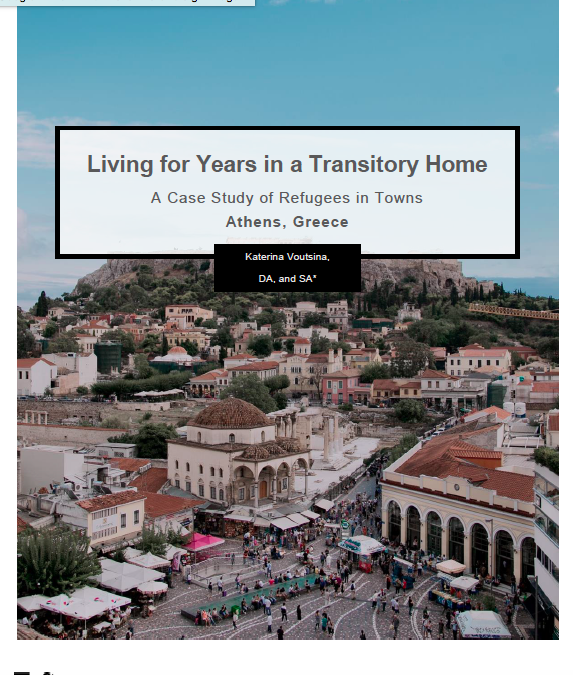
by Joanna Kleszczewski | October 4, 2019
Amidst an economic crisis, Greece’s cities found themselves host to thousands of refugees stuck in transit along the Balkans Route on their way to Northern Europe. This case study attempts to capture perceptions of integration of refugees, migrants, and the host...




